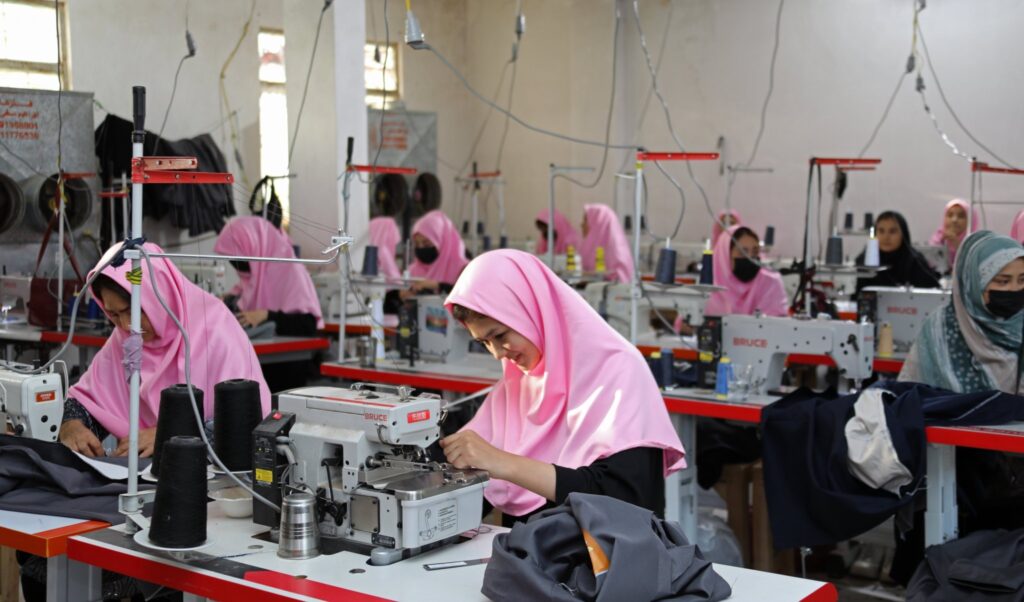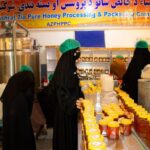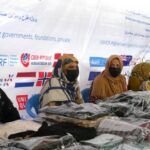The United Nations Development Programme (UNDP) has recently announced that its new credit guarantee initiative has supported thousands of businesses and created 16,000 jobs across Afghanistan despite the country’s ongoing economic crisis.
In a newly released report, the agency stated that through a $1 million contribution from UNDP and the UN Capital Development Fund (UNCDF), around $20 million in loans were made available to support 7,500 small and medium-sized enterprises (SMEs).
As a result, 16,000 jobs have been generated nationwide.
According to the report, over 2,250 of these businesses are owned by women, and nearly 5,000 women are among the newly employed workers.
The credit guarantee programme is implemented through the Afghanistan Credit Guarantee Foundation (ACGF) and aims to reduce lending risks for banks while encouraging them to provide loans to small enterprises.
UNDP emphasized that under this scheme, the United Nations covers part of the banks’ potential losses in case of loan defaults, allowing financial institutions to invest more confidently in the private sector.
The UN further added that this programme is part of broader efforts to rebuild and strengthen Afghanistan’s economic resilience, including technical training, financial product development, and the expansion of digital lending services.
The report notes that Afghanistan’s experience demonstrates that well-designed credit guarantee mechanisms, when implemented in collaboration with local institutions, can significantly stimulate private investment and accelerate economic growth even in crisis-affected contexts.
This comes at a time when, following the collapse of the economic system and the sharp decline in business activity after the Taliban’s return to power, most small and medium enterprises have been struggling with liquidity shortages, reduced demand, and limited access to finance.
Afghanistan’s economy remains one of the most fragile in the world. According to World Bank data, the country’s GDP per capita in 2024 was only $414. The suspension of international aid, restrictions on women’s education and employment, and political instability have drastically limited job opportunities for women.
Since the political transition in 2021 and the resurgence of the current authorities, Afghan women’s access to the labor market, education, and economic activity has faced severe restrictions. Many women-led businesses have shut down, and female labor force participation has fallen to below 15%. The ban on women’s work has impacted Afghanistan’s economy more profoundly than ever before.













